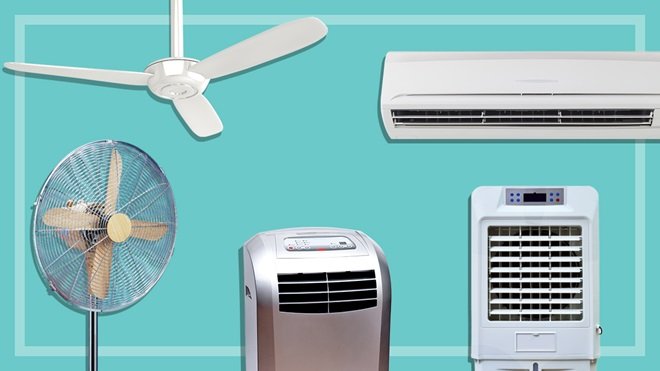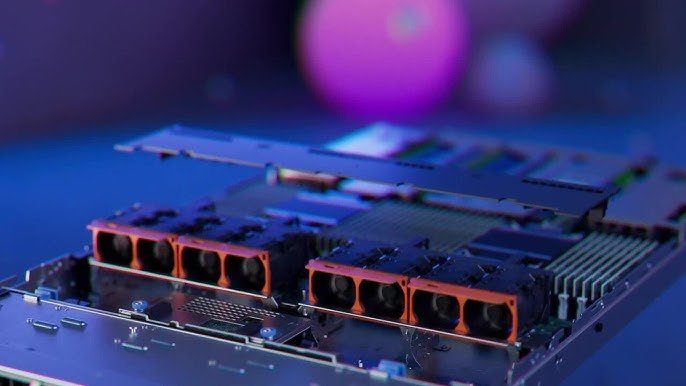When it comes to keeping your home comfortable, choosing between ceiling fans and air conditioning (AC) can be challenging. Both options offer unique advantages, but the best choice depends on factors like your budget, climate, and personal preferences. This guide explores the benefits and drawbacks of each to help you decide which is better for your home.
Benefits of Ceiling Fans
Ceiling fans are a classic and cost-effective solution for cooling. They don’t lower the temperature in a room but create airflow that makes it feel cooler by improving evaporation on the skin.
- Energy Efficiency: Ceiling fans use significantly less electricity than AC units, making them an eco-friendly choice.
- Lower Costs: With lower energy consumption, fans can help reduce your monthly utility bills.
- Aesthetic Appeal: Modern ceiling fans come in stylish designs that can complement your interior decor.
- Year-Round Use: Many fans have a reverse mode to circulate warm air during winter, providing value in all seasons.
However, ceiling fans have limitations. They don’t effectively cool a room in extremely hot weather and are best suited for mild climates or as a supplement to other cooling systems.
Benefits of Air Conditioning
Air conditioners are the go-to choice for cooling in hot and humid climates. They reduce the air temperature and often include features to control humidity levels.
- Effective Cooling: AC units can cool a room quickly, even in extreme heat.
- Climate Control: Many systems offer precise temperature and humidity control for optimal comfort.
- Air Quality Improvement: High-quality AC systems filter dust, allergens, and pollutants from the air, which is beneficial for people with allergies or respiratory conditions.
On the downside, air conditioning has higher energy consumption, leading to increased utility costs and environmental impact. AC systems also require regular maintenance to function efficiently.
Factors to Consider When Choosing
Deciding between a ceiling fan and AC depends on various factors.
- Climate: If you live in a region with hot, humid summers, AC might be essential. For milder climates, ceiling fans can provide adequate comfort.
- Budget: Fans are more affordable to purchase and operate, while AC systems involve higher upfront and ongoing costs.
- Room Size: Ceiling fans work best in smaller rooms or as a supplement to AC in larger spaces. AC systems are more effective for cooling large areas.
- Energy Consumption: If sustainability is a priority, ceiling fans are the greener option.
- Health Needs: For individuals with allergies or asthma, the air filtration benefits of AC can be a significant advantage.
Combining Fans and AC
In many cases, the best solution is to use both ceiling fans and air conditioning together. Fans can help circulate cool air from the AC, allowing you to set the thermostat at a higher temperature without sacrificing comfort. This hybrid approach reduces energy consumption and keeps your home cool and comfortable.
Tips for Optimizing Cooling Efficiency
- Use fans only when someone is in the room; they cool people, not spaces.
- Clean your AC filters regularly to maintain efficiency and air quality.
- Close blinds or curtains during the hottest part of the day to reduce heat gain.
- Consider programmable thermostats to manage AC use more effectively.
Conclusion
The choice between ceiling fans and AC ultimately depends on your needs, preferences, and budget. Ceiling fans are cost-effective and energy-efficient, while air conditioning provides superior cooling for extreme climates. Combining both options can give you the best of both worlds, ensuring comfort while minimizing energy use. Evaluate your home’s requirements and climate conditions to find the ideal cooling solution for your household.


